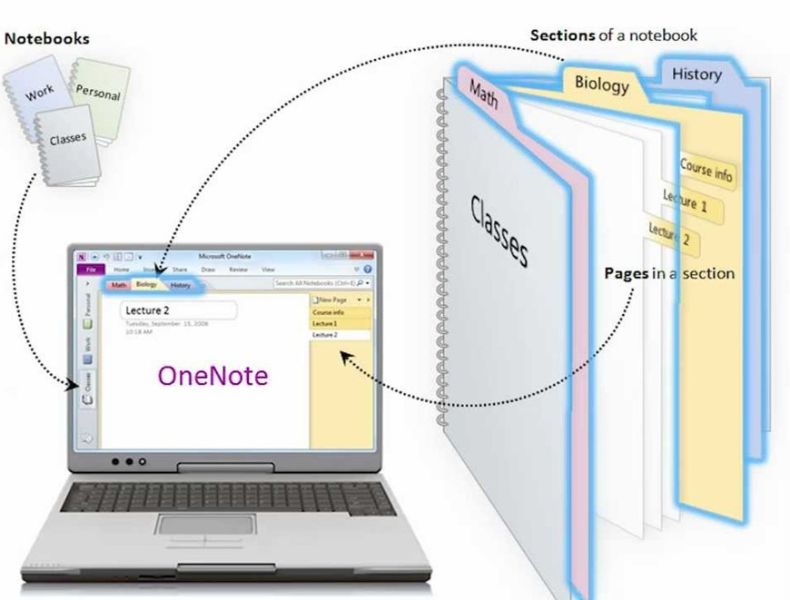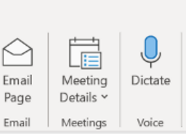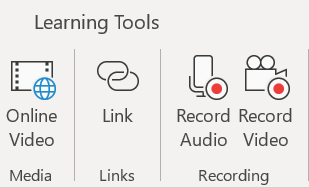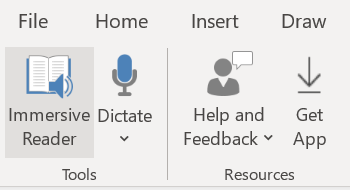 Newsletter: join thousands of other people
Newsletter: join thousands of other people
Once a month we'll send you an email with news, research and thoughts, as well as training courses and free webinars you may wish to attend.
Our websites:
Posted by Shirley Lawson on the 13th March, 2023

Do you have dyslexic learners in Primary 7 who are apprehensive of the move up to high school after the summer? Do you have learners who are not eligible for an enhanced transition programme but would benefit from some extra support and reassurance?
Creating a Microsoft OneNote digital 'Transition' notebook is a great way to provide a learner with information and resources about high school. This notebook can be a collaborative working document for the learner, primary and high school staff - parents too if you want.

OneNote is part of the Office 365 suite of applications which can be accessed through Glow for any Scottish teacher or learner. A OneNote notebook is a bit like a digital ringbinder with Sections and within each Section you can add in Pages.
Setting up a OneNote notebook for a dyslexic learner in Primary 7 can be a good way to help alleviate anxiety.
Here are the three key reasons why:
I am delivering a one hour workshop 'OneNote digital notebooks to support dyslexic learners' on 23rd March 2023 and I will be showing how to:
A shared notebook gives the teacher the option to leave audio or video feedback. For a learner who struggles to read, being provided with an alternative option can make this formative feedback, meaningful and constructive.
In turn, they will have options to use speech-to-text within a OneNote page using the Dictate feature.

Or if their voice is not clear enough for speech-to-text to work properly, they can record an audio file.

And for any text on the page, you can use the Immersive Reader tool for text-to-speech and for other assistive tools such as Line Focus, changing the page background colour and personalising the look of the text.

The course will be ideal for anyone who wants to know more about supporting their dyslexic learners using this OneNote tool. Whether it's for upper primary pupils or dyslexic learners in high school, this tool can help them with organisation of their subject resources and provide valuable literacy support.
Once a month we'll send you an email with news, research and thoughts, as well as training courses and free webinars you may wish to attend.
Our social media sites - YouTube, Twitter and Facebook